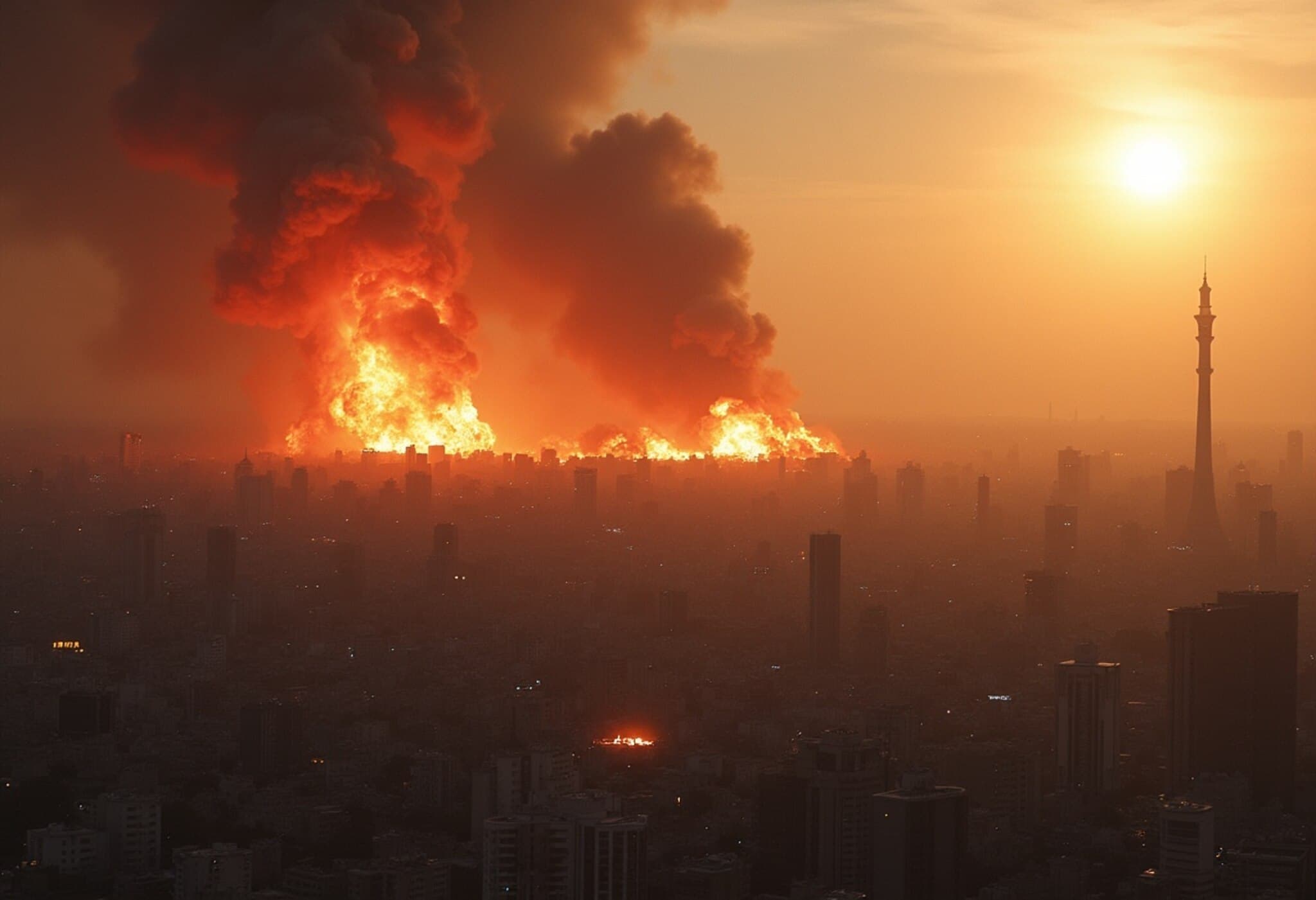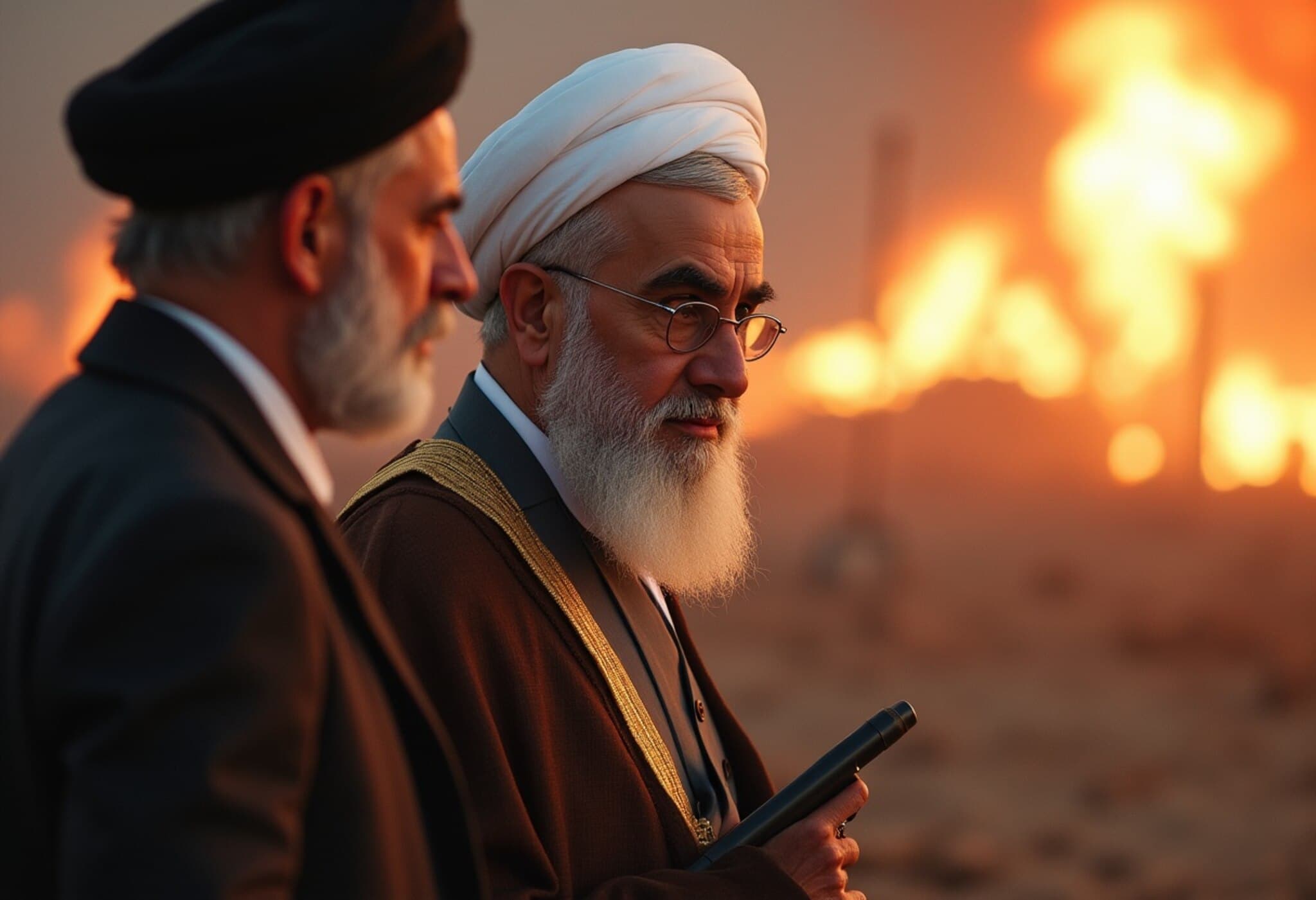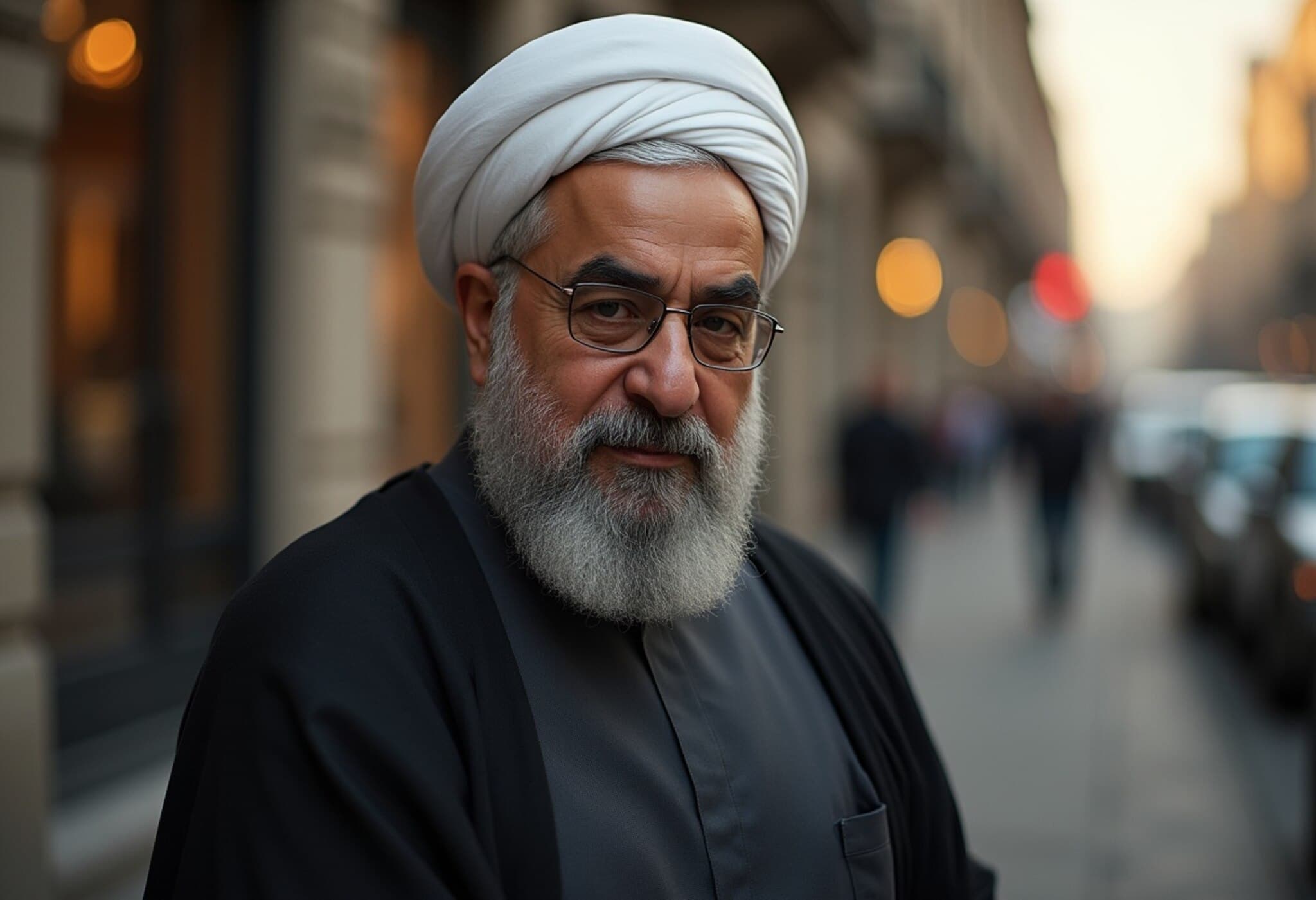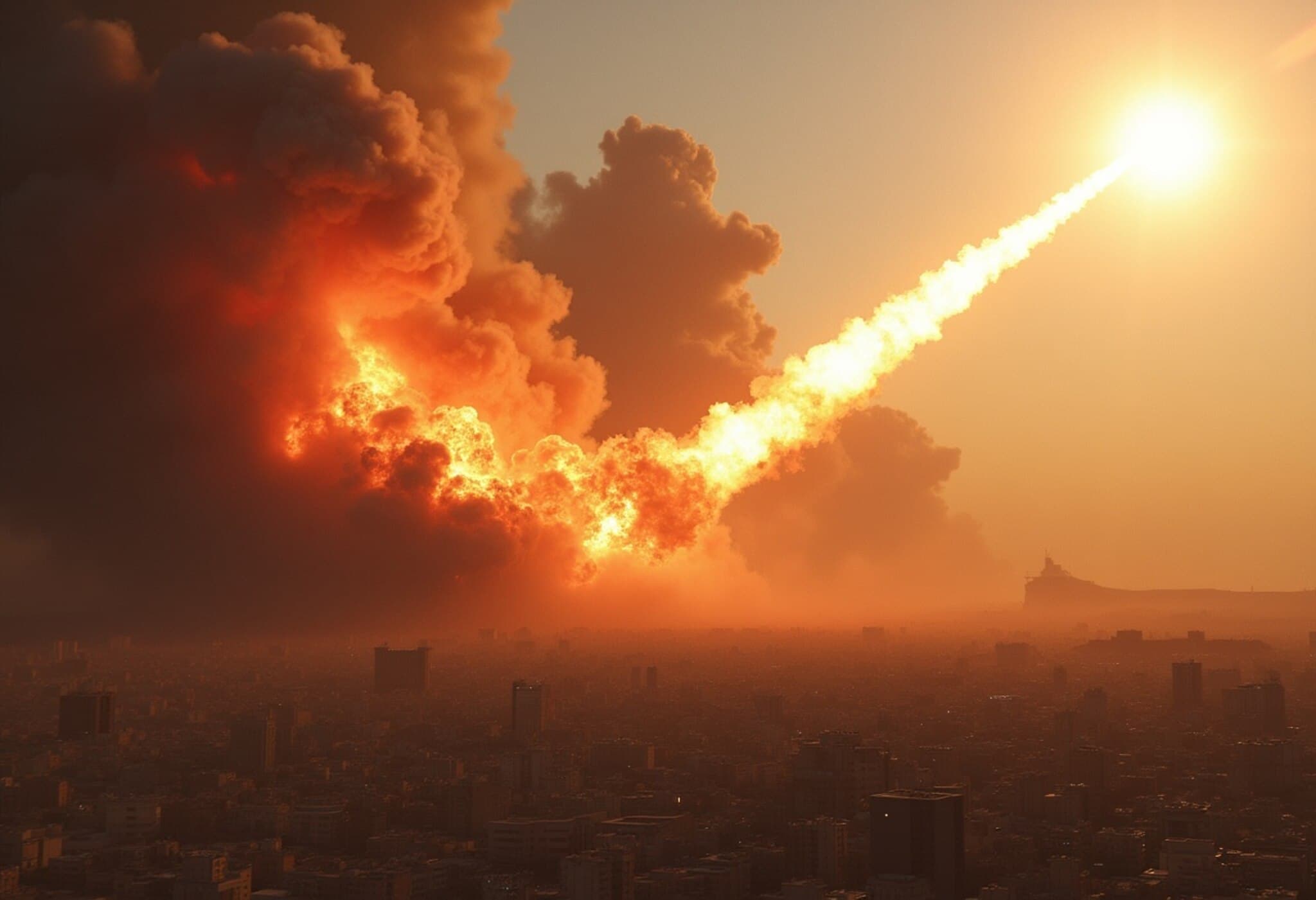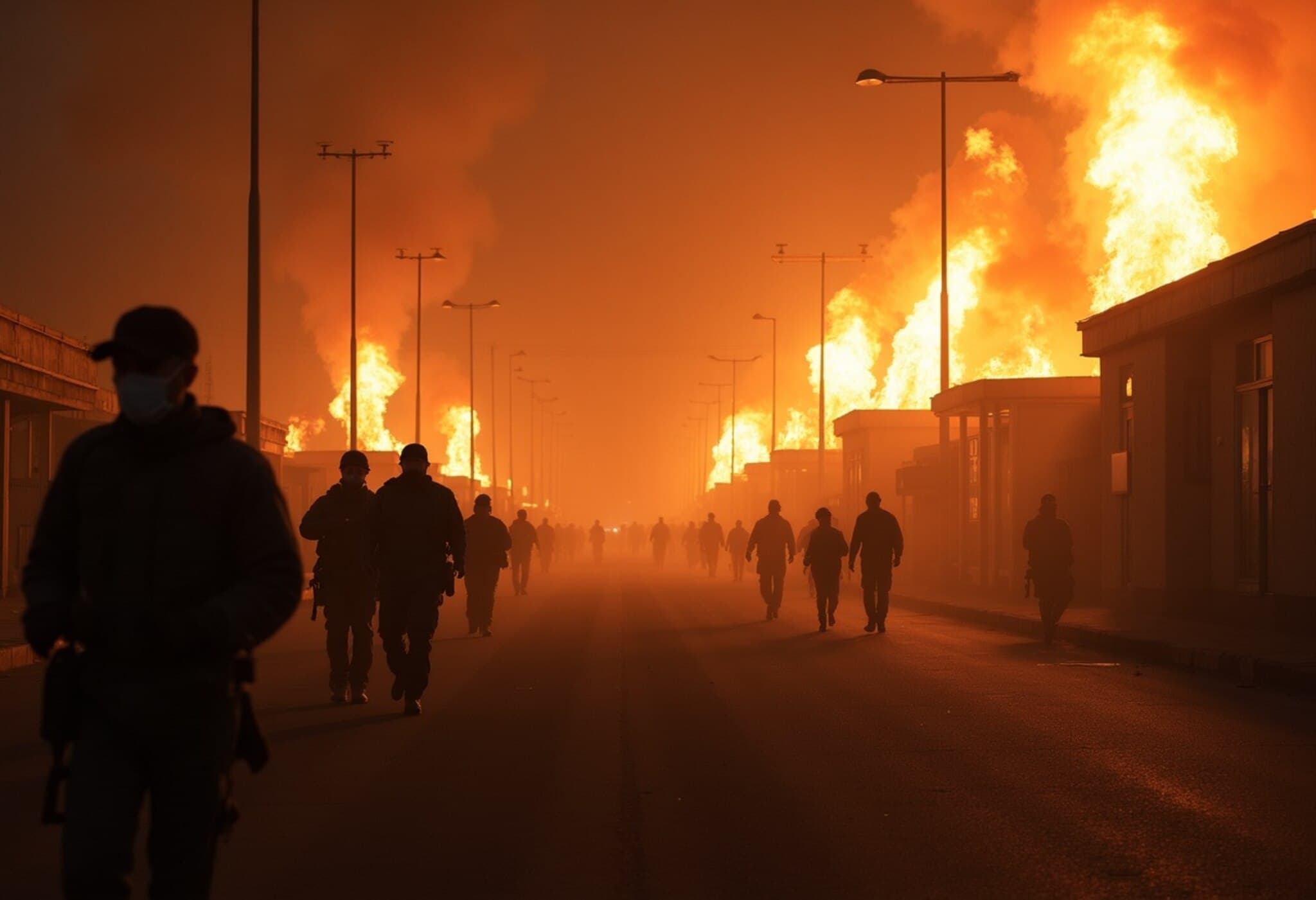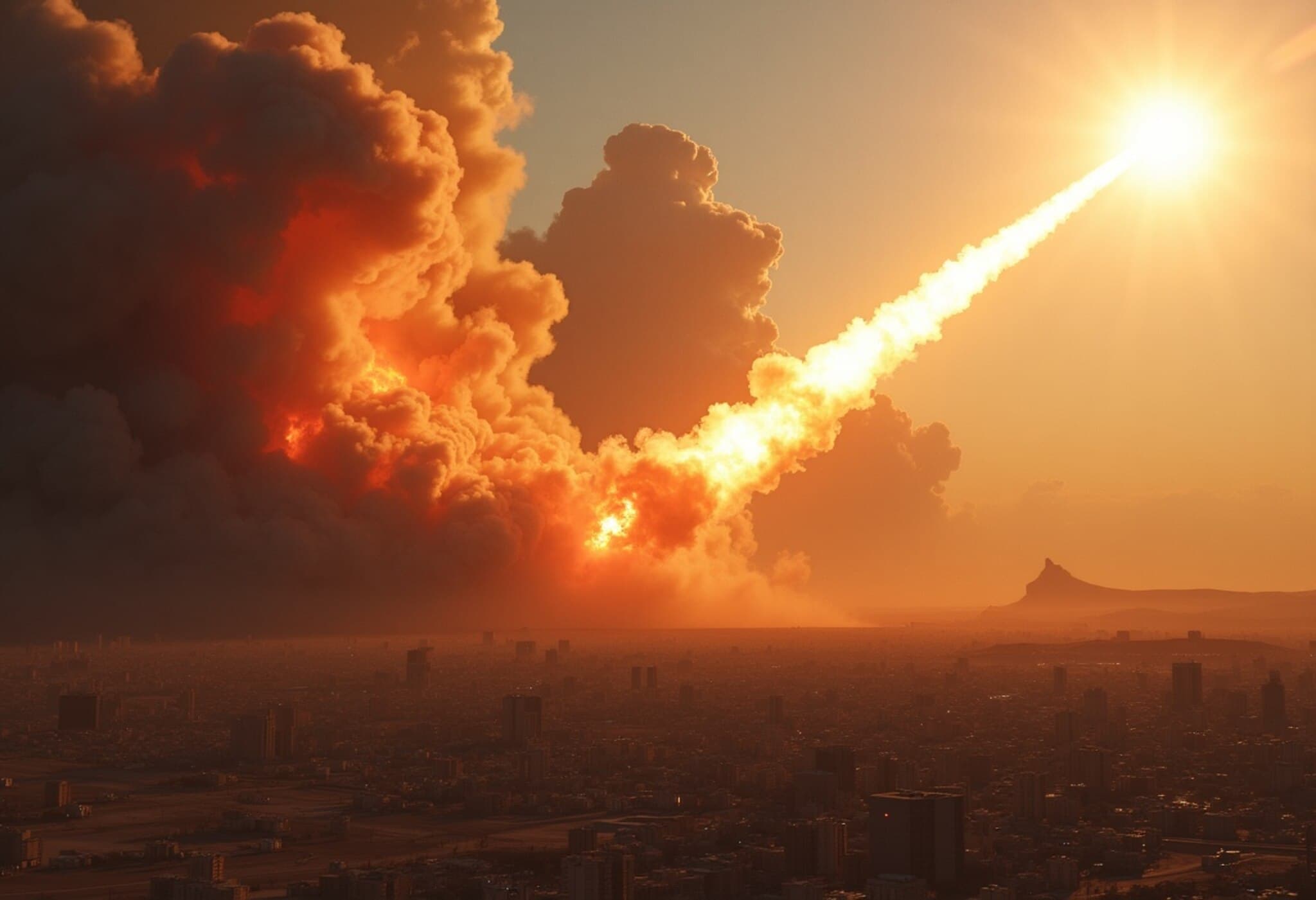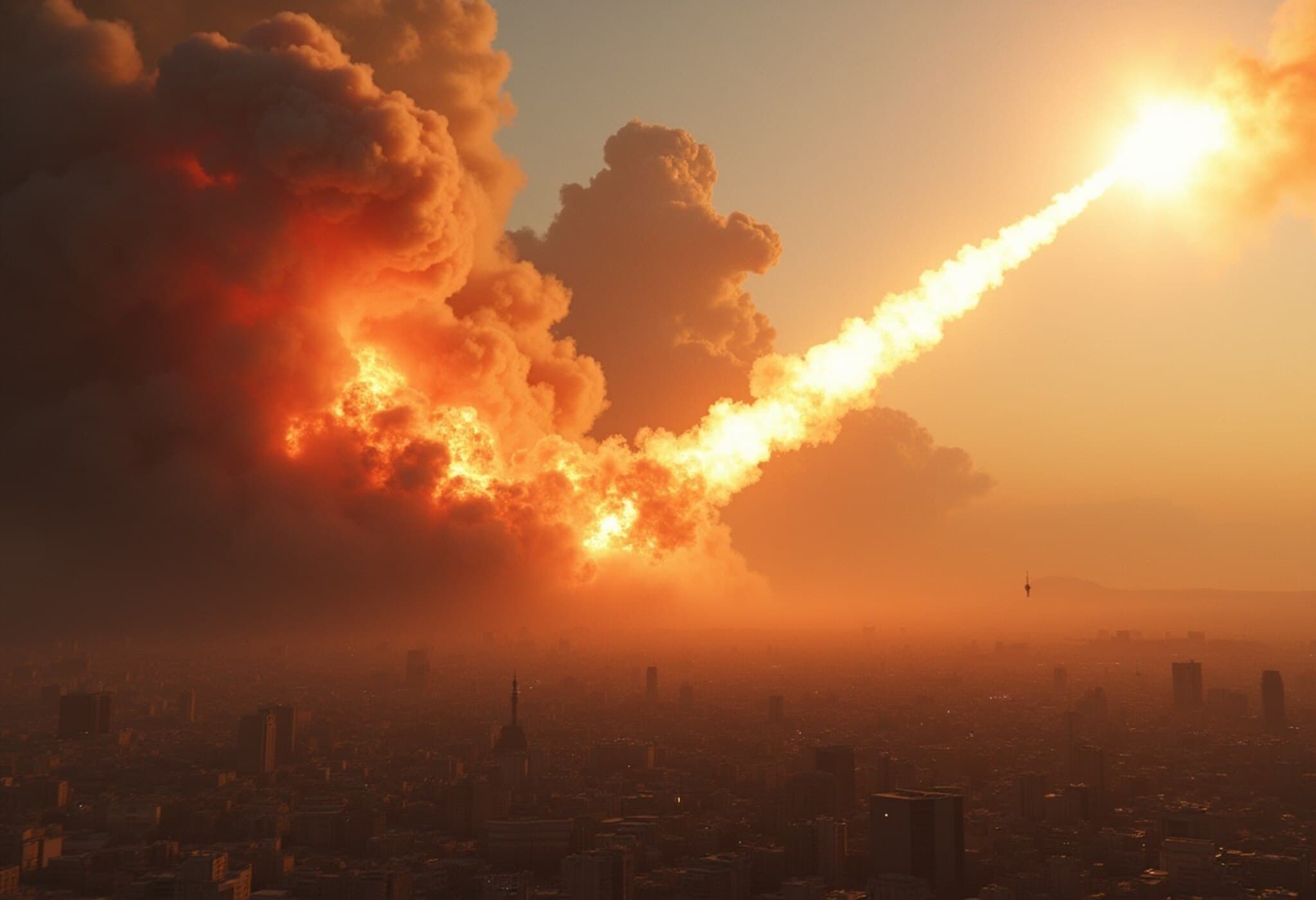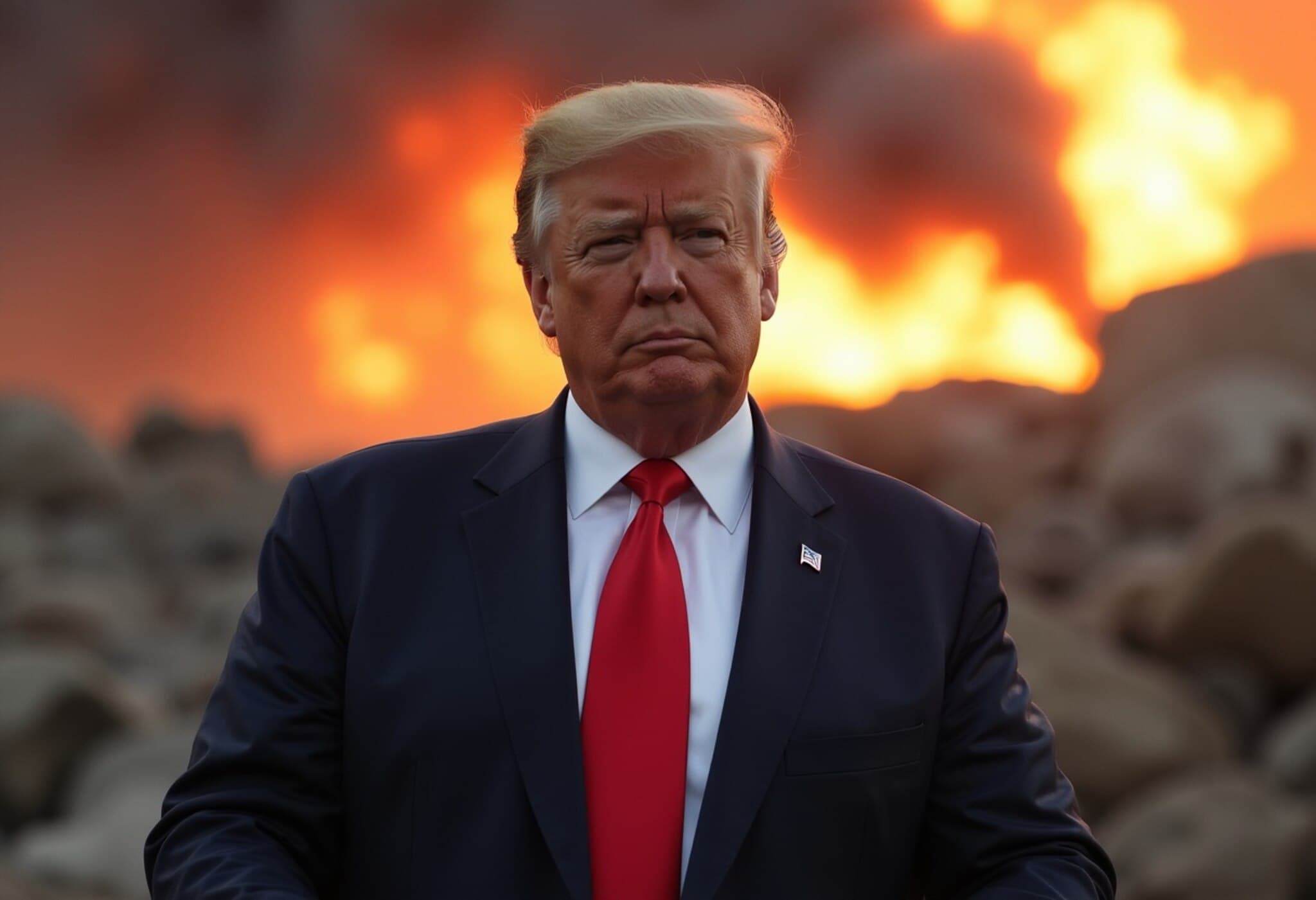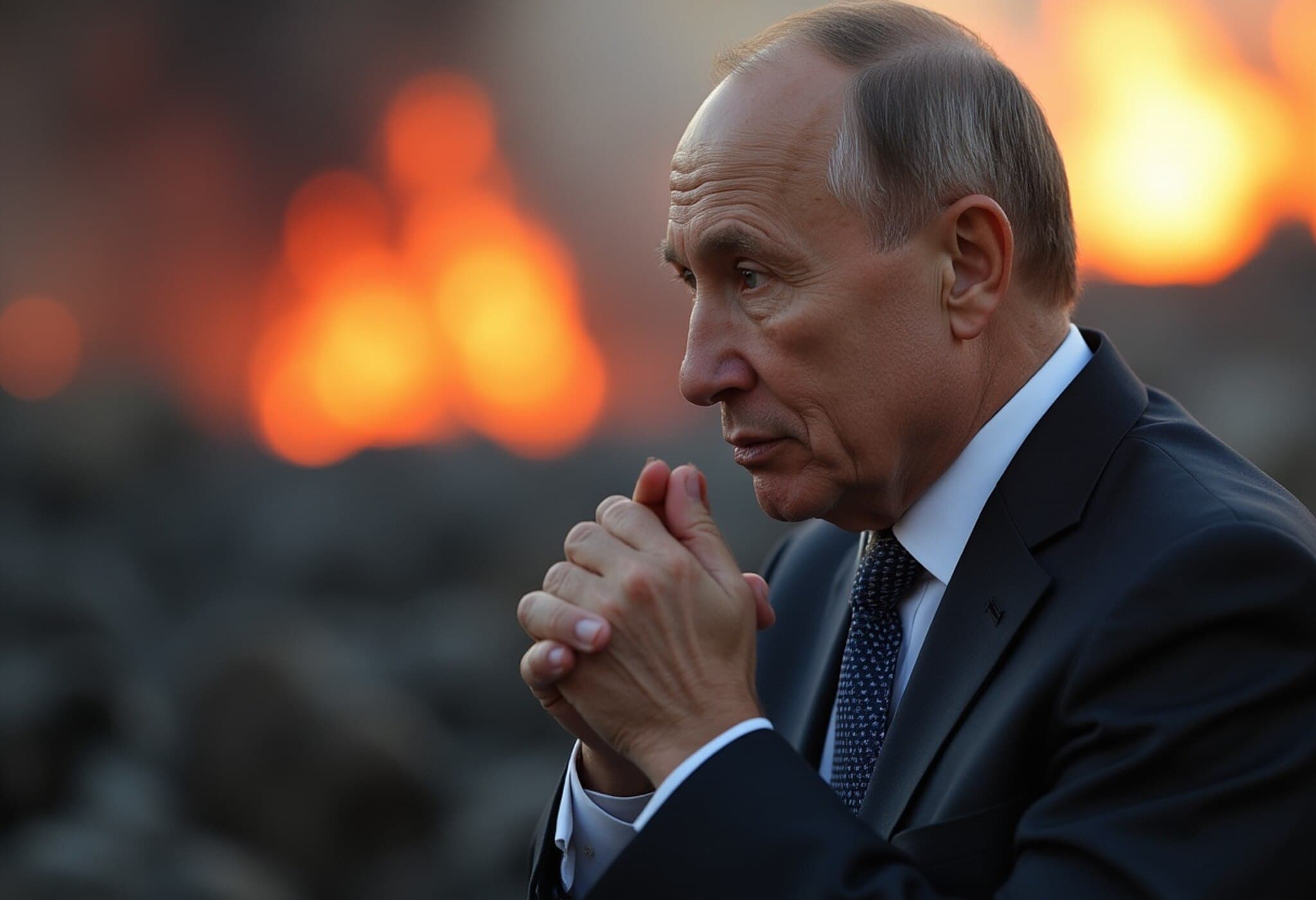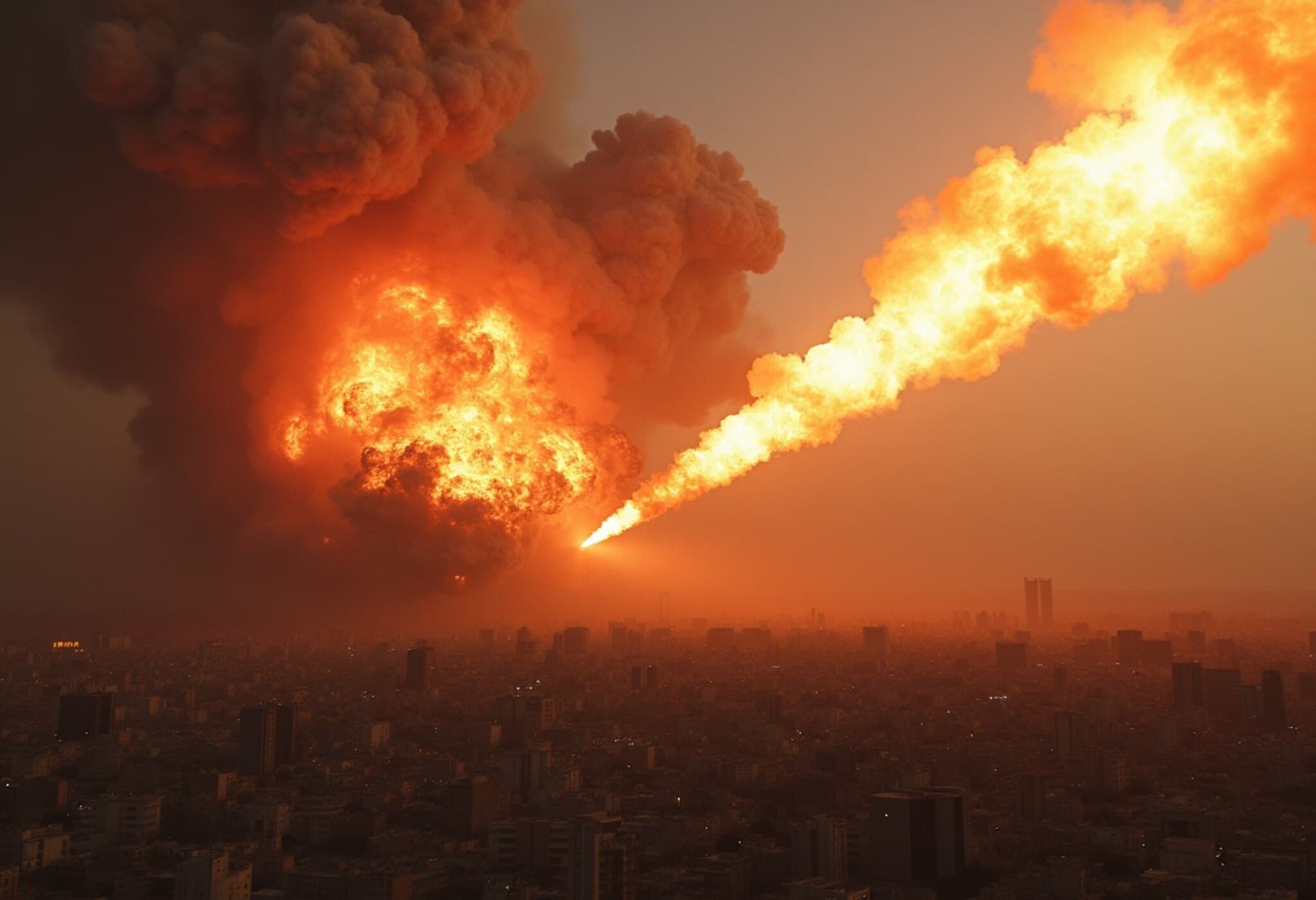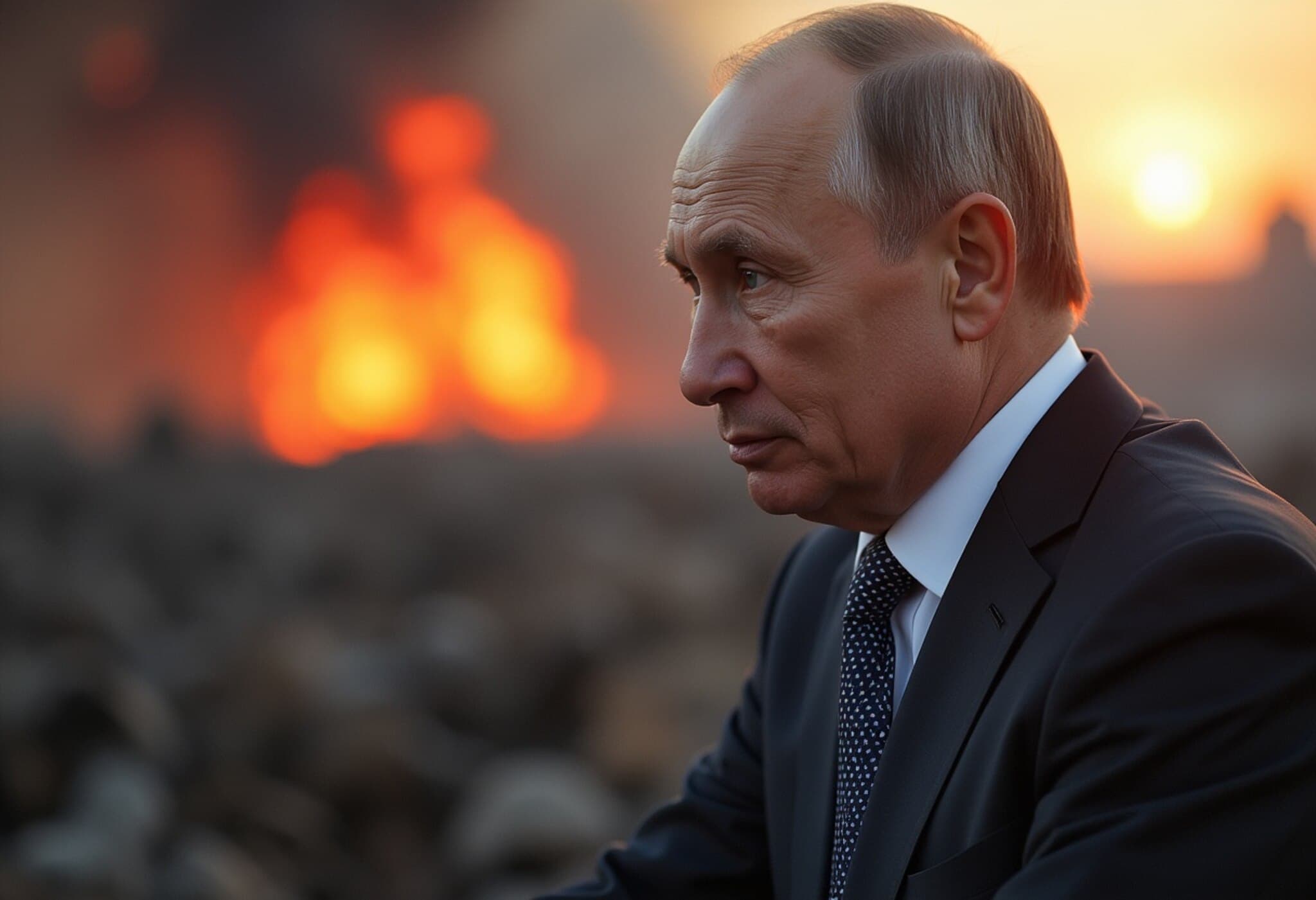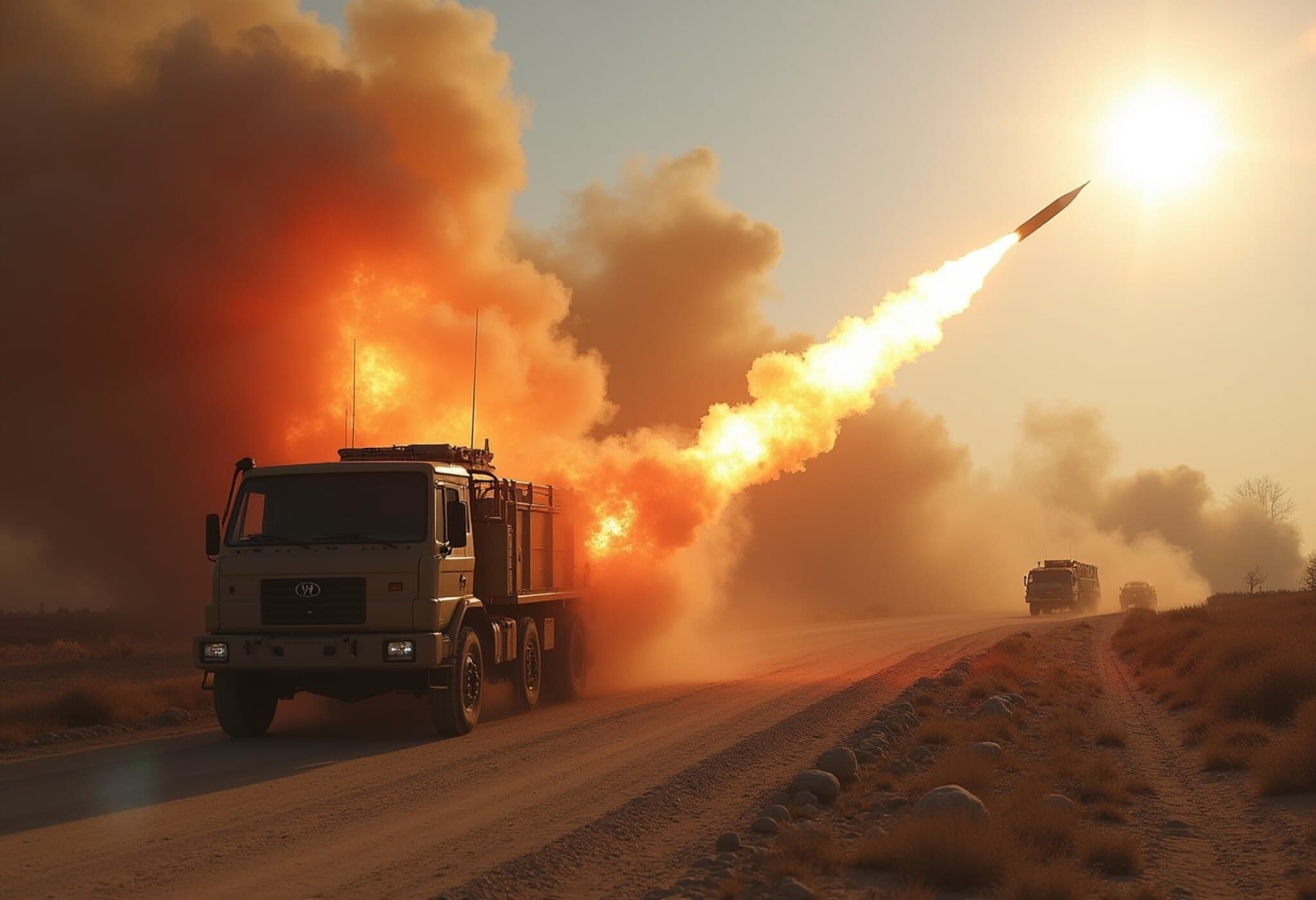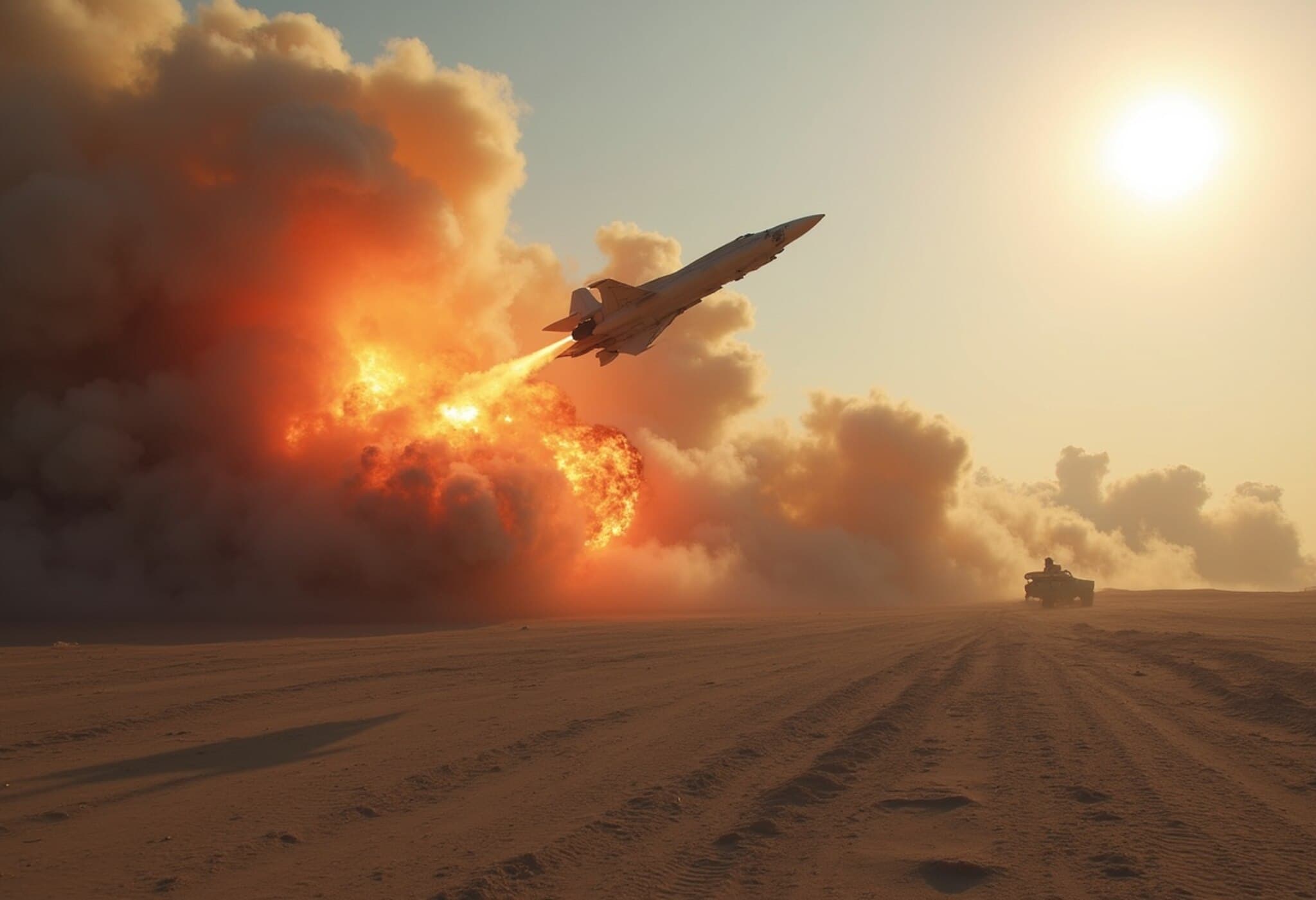Israel Targets Iranian State Broadcaster in Tehran
On the evening of June 16, 2025, an Israeli aerial strike hit the building housing Iran's state broadcaster, IRIB, located in Tehran's central district. The attack engulfed the structure in flames and thick smoke, abruptly cutting live transmissions and sending shockwaves through the region amid rising tensions between the two nations.
Grim Scene Outside the Burning Building
Senior IRIB correspondent Younes Shadlou reported from just outside the burning building revealing a harrowing scene. With bloodied hands, he recounted the chaos inside. "I was on the first floor when the bomb exploded. I don't know how many of my colleagues were killed or injured," Shadlou said, his voice steady despite the trauma.
Despite urgent evacuation orders, Shadlou declared, "We were told to leave, but we are not afraid and we are not leaving," underscoring the defiance amid devastation.
Warnings and Escalation Amid Ongoing Hostilities
This strike came after Israeli authorities warned thousands living near the heart of Tehran to evacuate due to impending military actions. The conflict, now entering its fourth day, was triggered by Israel's offensive targeting Iran's contested nuclear program.
Footage also showed an IRIB news anchor abruptly ending a live broadcast as a powerful blast rattled the studio, cutting off the screen behind her.
Diplomatic Tensions and Military Assertions
As violence intensifies, Iran has urged the United States to intervene and broker a ceasefire. Iranian Foreign Minister Abbas Araqchi emphasized that "Israel must halt its aggression," warning that Iran’s counterattacks will persist unless military assaults cease.
He further suggested that a call from Washington could compel Israeli leadership to pursue diplomacy, signaling hopes to de-escalate the confrontation.
Israeli Leadership's Stance
Meanwhile, Israeli Prime Minister Benjamin Netanyahu doubled down on his country’s objectives—eliminating Iran's nuclear ambitions and dismantling its missile capabilities. Speaking to troops at an airbase, Netanyahu declared Israel was "on the path to victory." He also controversially stated that assassinating Iran's Supreme Leader Ayatollah Ali Khamenei "would end the conflict," dismissing concerns that such an act might escalate hostilities.
Military Developments on Both Sides
The Israeli military announced it had destroyed over 120 missile launchers in central Iran, representing roughly a third of Tehran’s total arsenal. Commanders claimed they had secured full aerial dominance over Tehran’s airspace.
In retaliation, Iran reported launching approximately 100 missiles, vowing continued counterstrikes in response to Israel’s sweeping attacks on its nuclear and military infrastructure since last Friday.
A Region on Edge
The swift escalation reflects deepening animosity between Israel and Iran, with civilian and military targets caught in the crossfire. The uncertainty surrounding diplomatic breakthroughs only heightens the risk of a broader regional conflict.
- Israeli strike sets IRIB building ablaze in Tehran.
- Senior IRIB correspondent reports with bloodied hands, refuses to evacuate.
- Iran urges US intervention to cease hostilities.
- Netanyahu vows victory, targets Iran's nuclear programs and missile sites.
- Round of missile launches exchanged amid mounting tension.
As international eyes remain fixed on this volatile situation, the fragile possibility of peace hangs in the balance alongside the grim realities of war.


